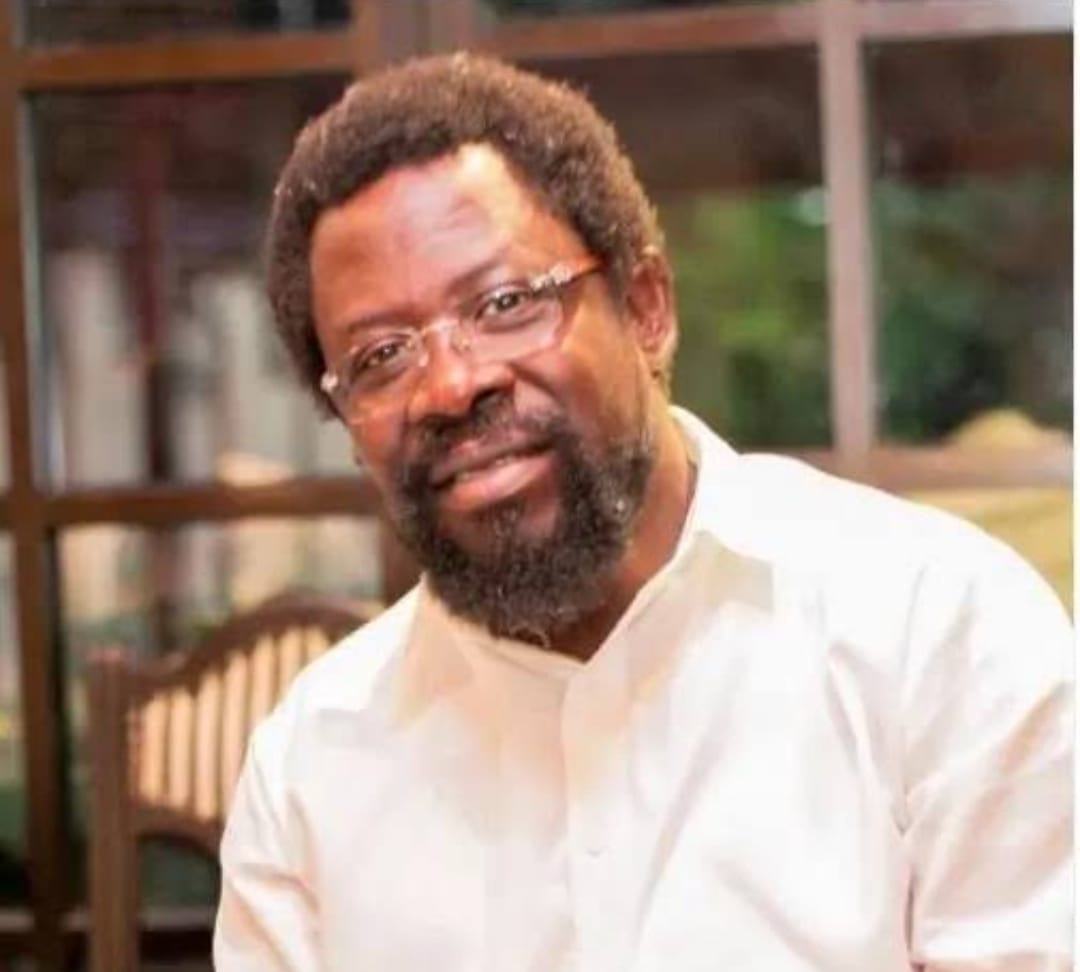The Federal High Court in Ado Ekiti has granted bail to prominent human rights activist and lawyer, Dele Farotimi, in a case involving allegations of defamation and cybercrime.
The case was filed by respected Senior Advocate of Nigeria (SAN), Afe Babalola.
Presiding Judge Justice Abimbola Oladimeji approved bail for Farotimi on Monday, setting stringent conditions.
The activist is required to provide a bond of ₦50 million and a surety in the same amount.
The court mandated that the surety must meet the following criteria: Evidence of two years’ tax clearance; Ownership of landed property supported by relevant documentation; A letter of authorization from a telecommunications company confirming the surety’s identity.
Farotimi’s legal team, while expressing satisfaction with the bail ruling, noted the steep conditions and hinted at possible steps to meet the requirements.
The charges stem from a public dispute involving Farotimi’s alleged defamatory remarks against Afe Babalola.
The legal battle, which has drawn public and media attention, underscores tensions between freedom of expression and potential misuse of digital platforms.
The case has been adjourned to January 29, 2025, for further proceedings.
READ ALSO: Dele Farotimi: A Revolutionary Voice for Justice and Unity
Omoyele Sowore, publisher of Sahara Reporters and a notable activist himself, celebrated the ruling on his social media platform, X (formerly Twitter). He wrote:
“The first hurdle was crossed. @DeleFarotimi was granted bail of ₦50 million naira surety in the like sum with someone with landed property. The Case was Adjourned to 29 January 2025.”
His post, tagged with the hashtag #FreeDeleFarotimiNow, has since gone viral, reigniting debates about judicial practices and activism in Nigeria.
Legal analysts have highlighted the high-profile nature of the case and its implications for Nigeria’s judicial system. Barrister Niyi Adesina remarked:
“While bail is a fundamental right, the conditions here are steep, reflecting the gravity of the charges. This case could set significant precedents for how defamation and cybercrime cases involving public figures are handled.”
Human rights advocates, however, have criticized the bail conditions as overly stringent, arguing they could stifle dissent. Dr. Titi Adebayo, a law professor, emphasized the balance between ensuring accountability and protecting freedom of expression:
“The judiciary must tread carefully to avoid creating a chilling effect on legitimate activism and public discourse.”

 Health1 week ago
Health1 week ago
 Latest1 week ago
Latest1 week ago
 Health7 days ago
Health7 days ago
 Football7 days ago
Football7 days ago
 News1 week ago
News1 week ago
 Latest1 week ago
Latest1 week ago
 Latest1 week ago
Latest1 week ago
 News1 week ago
News1 week ago

